Discovering the Fado Experience
Discovering the Fado Experience
Fado music is a unique cultural form that speaks to the heart of Portugal, capturing the essence of its rich history, traditions, and values. The term “fado” translates to “fate” in English, and it’s an apt descriptor for a musical genre that often reflects on the joys and sorrows of life.
Fado originated in the early 19th century in the taverns and back alleys of Lisbon, and quickly became a symbol of Portuguese identity. Its roots are said to lie in the traditional music of rural Portugal, as well as in the songs of sailors and dockworkers who passed through Lisbon’s port. Over time, fado evolved into a distinct musical form that was characterized by its soulful melodies and poetic lyrics.
Fado music is traditionally performed by a solo singer, accompanied by the guitarra (a small guitar with 12 strings) and viola (a six-stringed guitar). The singer’s voice is the centerpiece of the music, and it’s often filled with emotion and longing. The lyrics of fado songs often speak of lost love, nostalgia for home, and the struggles of everyday life.
Today, fado remains an integral part of Portuguese culture and is a popular tourist attraction in Lisbon. Visitors can experience the magic of fado by visiting intimate fado houses, where performances are held in small, dimly lit rooms. These performances are often accompanied by a meal or a drink, and they offer a chance to immerse oneself in Portugal’s rich cultural heritage.
One of the most famous fado houses in Lisbon is the Clube de Fado, which is located in the historic Alfama district. This club has hosted many famous fado singers over the years and offers a chance to experience the true soul of Portuguese music.
For travelers, a fado experience is a chance to connect with the heart and soul of Portugal, to be moved by the power of music to connect us to something deeper. It’s an opportunity to immerse oneself in a unique cultural experience, to understand the struggles and triumphs of the Portuguese people, and to appreciate the beauty and complexity of this beloved musical form.
1. Fado performance at a traditional fado house in Lisbon
2. Delicious meal or drink to enjoy during the performance
3. Guided walking tour of Lisbon’s historic Alfama district, including important fado landmarks
4, Opportunity to learn about the history and significance of fado music in Portuguese culture
5. Local transportation to and from the fado house and Alfama district
6. Overall, the trip includes a chance to experience the beauty and soulful sounds of fado music, along with an immersive cultural experience that allows travelers to connect with the heart and soul of Portugal.
Key Fact
Fado History
Learn about the history and cultural significance of Fado music in Portugal, and its evolution over time.
Traditional Instruments
Understand the instruments used in Fado music, including the guitarra portuguesa and viola, and their significance in the music.
Fado Houses
Experience an authentic Fado performance at one of Lisbon's intimate Fado Houses, which serve as a hub for this musical tradition.
Emotions and Themes
Explore the themes and emotions present in Fado music, such as love, longing, and nostalgia, and how they relate to Portuguese culture and identity.
Snapshots
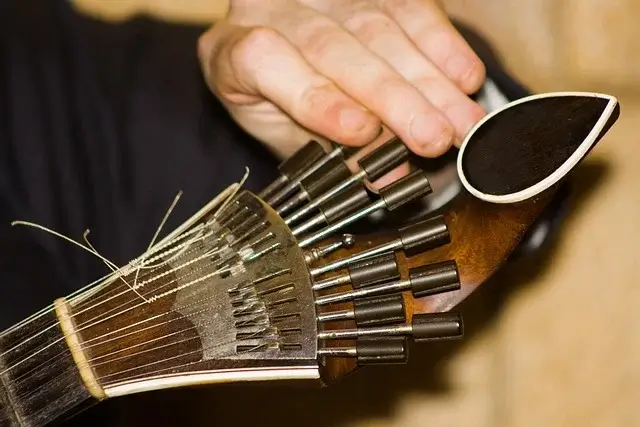
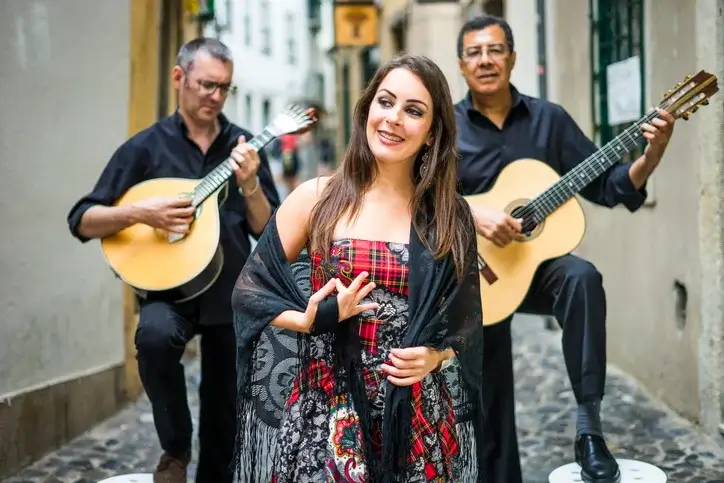
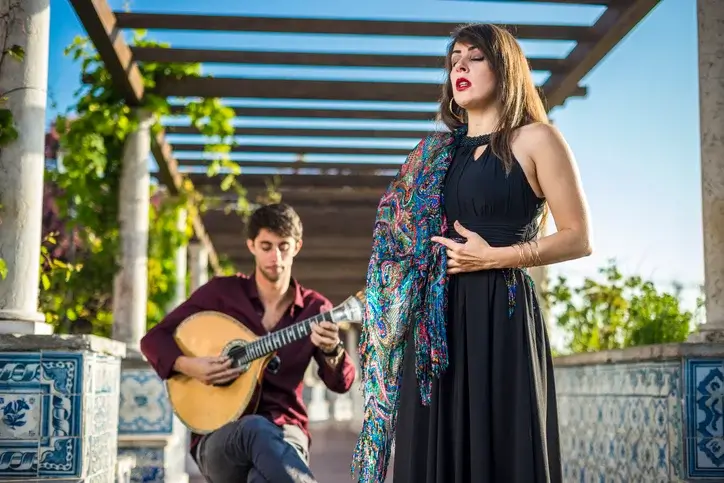
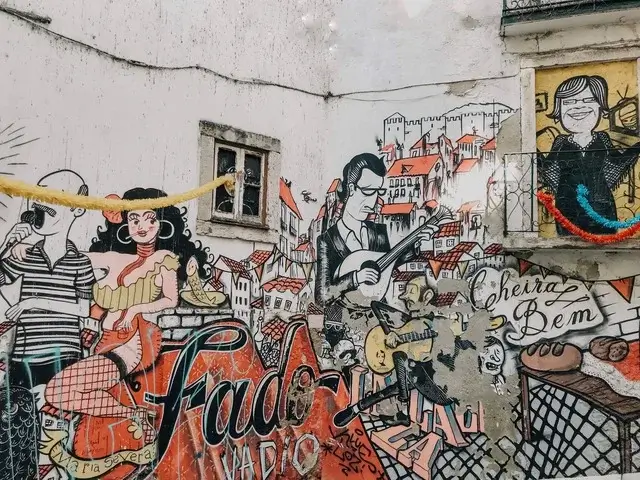
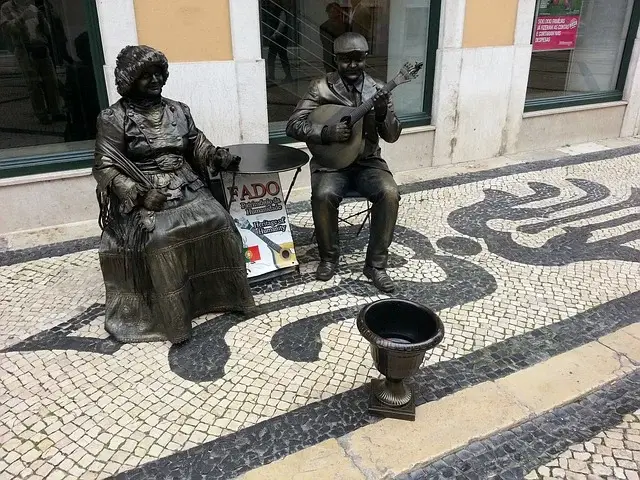
Ensuring a Memorable Fado Experience
Choose a Reputable Venue
Select a reputable Fado house or venue that is licensed and recommended by locals or trusted sources. This can help ensure the quality of the performance and your safety.
Dress Appropriately
Dress appropriately for the Fado house or venue, which is usually smart casual. Dressing appropriately can help ensure your comfort and respect for the cultural experience.
Respect the Performance
Show respect for the Fado performance and its cultural significance by refraining from talking during the performance and keeping your mobile phones on silent. This can help ensure a meaningful and authentic experience for everyone.
Watch Your Belongings
Be aware of your belongings and surroundings, especially in crowded Fado houses. Keep your valuables close to you and avoid leaving them unattended.
Avoid Excessive Alcohol Consumption
Enjoy your evening responsibly and in moderation. Avoid excessive alcohol consumption, as it can impair your judgment and lead to unwanted situations.


